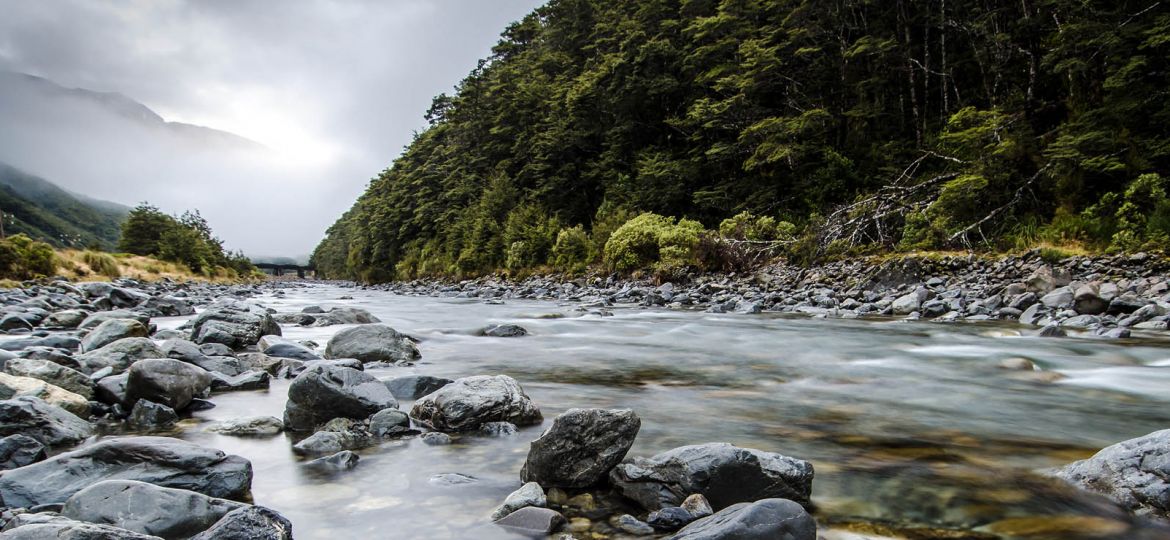
WHY THIS MATTERS IN BRIEF
In an age where environmental destruction is still commonplace a river in New Zealand is about to reap the benefits of being given the same rights as a human being.
In a world first, and in an age where we are beginning to grant rights to robots, and where conservationists are increasingly turning to technology to reverse humanity’s impact on nature, a river in New Zealand has been granted the same legal rights as a human being in order to “protect it from harm”.
The local Māori tribe of Whanganui in the North Island has fought for the recognition of their river – the third largest in New Zealand – as an ancestor for 140 years.
Last Wednesday, hundreds of tribal representatives wept with joy when their bid to have their kin awarded legal status as a living entity was passed into law.
“The reason we have taken this approach is because we consider the river an ancestor and always have,” said Gerrard Albert, the lead negotiator for the Whanganui iwi tribe.
“We have fought to find an approximation in law so that all others can understand that from our perspective treating the river as a living entity is the correct way to approach it, as in indivisible whole, instead of the traditional model for the last 100 years of treating it from a perspective of ownership and management.”
The new status of the river means if someone abuses or harms the river, for example, by polluting it, the law now sees no differentiation between harming the tribe or harming the river because they are one and the same.
Chris Finlayson, the Minister for the Treaty of Waitangi negotiations, said the decision brought the longest running litigation in New Zealand’s history to an end.
“Te Awa Tupua will have its own legal identity with all the corresponding rights, duties and liabilities of a legal person,” said Finlayson in a statement.
“The approach of granting legal personality to a river is unique … it responds to the view of the iwi of the Whanganui river which has long recognised Te Awa Tupua through its traditions, customs and practice.”
Two guardians will be appointed to act on behalf of the Whanganui river, one from the crown and one from the Whanganui iwi.
Albert said all Māori tribes regarded themselves as part of the universe, at one with and equal to the mountains, the rivers and the seas.
The new law now honoured and reflected their worldview, he said, and could set a precedent for other Māori tribes in New Zealand to follow in Whanganui’s footsteps.
“We can trace our genealogy to the origins of the universe,” said Albert, “and therefore rather than us being masters of the natural world, we are part of it. We want to live like that as our starting point. And that is not an anti-development, or anti-economic use of the river but to begin with the view that it is a living being, and then consider its future from that central belief.”
Financial redress of NZ$80m is included in the settlement, as well as an additional NZ$1m contribution towards establishing the legal framework for the river.
















